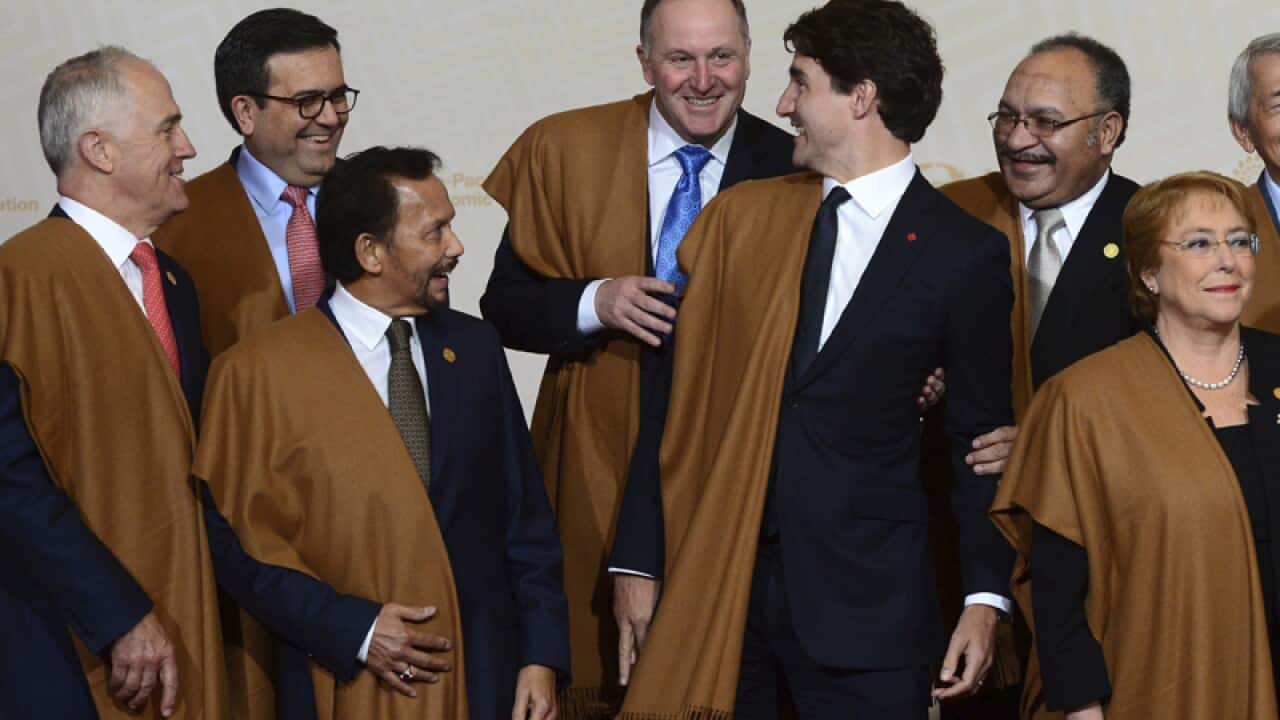Spare a thought for the family of Turkish-born fashion designer Zuhal Kuvan-Mills, who live their lives overrun by organic alpaca wool - in the double garage, spare room, hallway, outdoor shed, and now the television room after the spinning wool moved in recently.
How else do you run an eco-fashion empire from home when you have to meet orders from around the world?
Ms Kuvan-Mills, 55, is one of a growing number of eco-fashion designers who are making a difference in the industry.
The former veterinarian runs an organic herd of alpacas at her Brigadoon property in Perth’s Swan Valley.
She processes their wool by hand, which can take several nights, turns it into felt or yarn (again mostly by hand) and refuses to waste a thing, even turning material cut-offs into accessories. She has expanded her collection to include organic cotton, vegan silk and polyesters made from plastic waste taken out of the ocean.
She has expanded her collection to include organic cotton, vegan silk and polyesters made from plastic waste taken out of the ocean.

Green Embassy designer Zuhal Kuvan-Mills at her spinning wheel (SBS) Source: Green Embassy designer Zuhal Kuvan-Mills at her spinning wheel
She uses vegetable dyes, such as carrot peelings, and eucalyptus leaves.
“It’s personal because I absolutely love the environment,” Ms Kuvan-Mills said.
With little success in Australia, she grew an online customer base around the world that embraced her custom pieces which included coats, dresses, tops, vests and even bow ties made from fishing net cut-offs.
“They’re designed for life and hopefully passed to the next generation,” Ms Kuvan-Mills said.
“They’re timeless, they’re classics and there’s a lot of hours of work on them and made with love.
“Every part I do myself from looking after the animals for fibre production, to the processing, to making textiles and putting art on the textile. Then turning into the wearable art forms.” Ms Kuvan-Mills, who also used to lecture in environmental science in England, has at fashion weeks in London, Paris, Vancouver and Beijing.
Ms Kuvan-Mills, who also used to lecture in environmental science in England, has at fashion weeks in London, Paris, Vancouver and Beijing.

The Green Embassy “production line” - a herd of alpacas raised organically. (SBS) Source: SBS
She said Australian customers are also increasingly looking for ethically and sustainably produced garments.
“They are especially demanding to know what it’s made of, how it’s made, what kind of material and hopefully, they are thinking more before they throw away anything,” she said.
“It’s amazing the changes I’ve seen in the last three years.”
Curtin University fashion lecturer and Kelsey Ashe-Giambazi said major labels are taking note.
“Even the likes of Nike and Adidas, they are looking at types of polyester fibres which can be recycled or ‘upcycled’ so that at the end of the life of a sneaker materials can be reused and turned into other sneakers,” she said.
“It’s generally understood that the fashion industry and textile industries are one of the biggest polluters on earth.
“They are responsible for so much damage to the environment through pesticide run-off from the growth of fibres through the carbon footprint of the production cycle and the life cycle of the garment which often, through fast fashion processes, ends up straight in the rubbish very quickly.
“So these are huge problems and it’s a global, massive problem.” Ms Ashe-Giambazi, who is doing a PHD in traditional Japanese craft, said consumers were turning away from mass produced items and looking for something artisan.
Ms Ashe-Giambazi, who is doing a PHD in traditional Japanese craft, said consumers were turning away from mass produced items and looking for something artisan.

A Green Embassy dress made with organic silk, vegetable dyes and fishing net cut offs (SBS) Source: SBS
“It’s part of this larger design philosophy of this slowing down so we see it in the slow food movement … and lots of people really wanting to connect with that idea of not racing through life and consume, consume, consume. It’s more about taking the time to appreciate things that are of high quality,” she said.
She said she expected a future where clothing tags showed how they had been produced.
And old clothes being accepted in household recycling to be turned into new fibres.
“Designers, consumers, the whole spectrum of the industry understand that this needs to change,” she said.
“We need to slow down our consumption of fashion, we just don’t have the landfill space to continue filling it up with this garbage-type fashion.
“So it’s like Vivian Westwood, the famous fashion designer has said 'choose less, choose well, make it last'.”
Recommended reading

Meet the Muslim fashion designer who sent headscarves to Pauline Hanson












